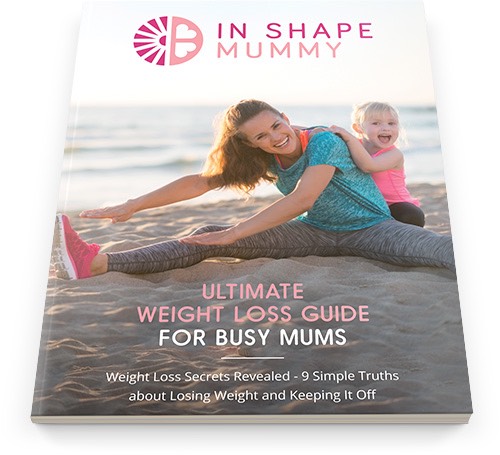The Low Fat Myth
Fat has quite a bad reputation because a lot of people believe that fat makes us fat, right? This couldn’t be further from the truth. The truth is that in order to maintain a healthy body and weight, you actually need to eat fat! Many people believe that the less fat they eat, the less body fat they will have, but avoiding fat can actually cause you to eat more and gain weight. It may seem counter-intuitive, but fat plays an important role in helping you eat less overall.
If you eliminate fat from your diet, you will have to replace those calories with something else. After all, you have to eat something! Calories only come from 3 main sources: carbohydrates, fat, protein. Most high protein foods contain fat, such as meat. So, really if you want to cut fat, you will have to cut back on protein too. Part of the reason that fat has such a negative reputation is that fat is higher in calories, providing 9 calories per gram, as opposed to 4 grams provided by protein and carbohydrates. Many people believe that weight loss is just about decreasing calories, and although that plays a role, it’s not the only thing that leads to weight loss.
If you cut fat out from your diet, and in turn most high protein foods, all you have left is carbohydrates. Most people will probably not choose to fill up on good carbohydrates like vegetables, but instead will probably seek to feel full by eating a large quantity of processed and easily prepared carbohydrates like bread, rice, pasta, potatoes, crackers, “fat-free” rice cakes, etc.
High carbohydrate processed foods have few nutrients and also have a significant effect on your blood sugar. High blood sugar, leads to increased insulin levels, which can cause weight gain. Carbohydrates also trigger more hunger and make you crave even more carbohydrates, as they are easily and quickly digested by the body, leaving you hungry just a few hours later. The lack of any real nutrition also tells your body to eat more, so it can get its nutritional needs met.
So, there you are eating a low-fat diet in order to lose weight, but you keep feeling hungry. So you eat more low fat, “healthy” foods, which increase your overall calorie intake, leading to more weight gain. The opposite of what you intended. We are here to tell you that the secret to feeling full and eating less overall is to eat more fat. Fat is much slower to digest, making you feel satisfied longer and can help control cravings.
The types of fats you should focus on are the “healthy” fats that have many nutritional benefits. First, be sure to include lots of monounsaturated fats which are considered the best choices due to the positive affect they have on your cholesterol. These include olive oil, avocado, and nuts. Omega-3 fats, found in walnuts, fish, and flax, have a myriad of health benefits related to their ability to decrease inflammation. Coconut oil, a saturated fat, is high in antioxidants and is also anti-inflammatory.
Adding these healthy fats to your diet will help you feel full longer and can provide multiple health benefits. Add olive oil and avocados to salads daily, try to include some fish a few times a week for a boost of omega-3s. Cook with coconut oil when cooking foods at higher temperatures. Lastly, don’t be afraid of fat. Eliminating fat from your diet can actually completely backlash, making it so much harder to stick to any diet program.
Julie Masci, BHlthSc, APD, AN
Julie Masci is an Accredited Practising Dietitian and Nutritionist. She is a Mum to two boys - a blueberry loving toddler and a bouncing newborn. Julie has appeared on Brisbane’s televisions as an expert dietitian on Channel 9 News, Channel 7 News, Today Tonight and Brisbane Extra, as a diet and nutrition expert. She has extensive experience as a public speaker on a variety of nutrition topics, such as obesity, diabetes, and digestive health. In her career, she has been a monthly contributor to Prevention Magazine as their Grocery Guru and Australian Weight Watchers magazine. Julie is one of In Shape Mummy’s dietitians and the founder and director of New Life Nutrition.


